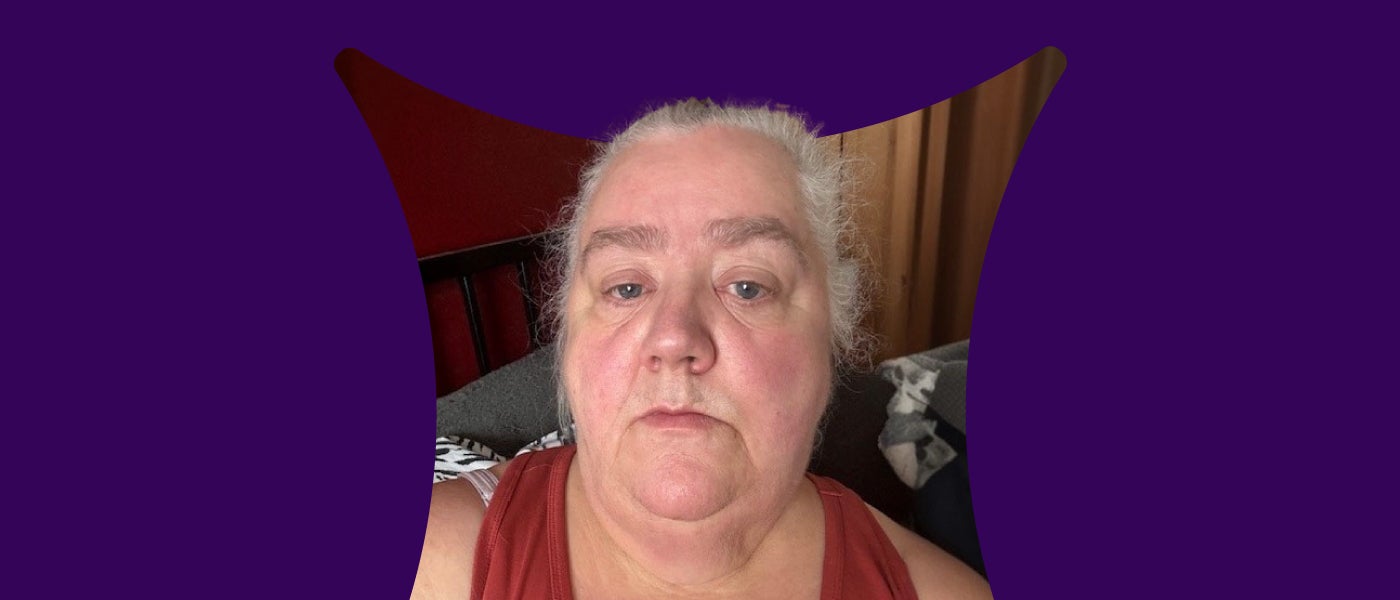- Home
- Campaigns
- Research and policy
- Life costs more
Life costs more
Life has always cost more for disabled people. Our new research finds that disabled households need to find £625 more each year than non-disabled households just for the basic essentials.
The extra burden of essentials is just part of the enormous Disability Price Tag.
These extra, essential costs include things like:
- Using more energy to power medical equipment
- More expensive food to fit dietary needs
- Having to buy over-the-counter medications more often
There is no escape from high energy bills when you have medical equipment to power or you live with a condition affected by the cold. You can’t avoid more expensive shopping bills when you have a specific diet or need to buy medication.
We're sharing our recommendations for the Government on how to tackle these unfair extra costs.
Make your voice heard
Click the links below or keep reading to learn more about the report.
Read the Life Costs More summary report
Report Summary
In collaboration with WPI Economics we investigated spending on essentials. And the real impact of extra costs on disabled people and their families.
What is the extra burden of essentials?
Scope commissioned WPI Economics to dig deeper into the extra costs that disabled people face. They identified differences in the spending patterns of disabled and non-disabled households. They focused on spend on essential and non-essential items.
We found that compared to non-disabled households, disabled households face an average additional burden of essentials of around £12 per week This is equivalent to an additional £625 per year allocated to essentials.
These extra, essential costs include things like:
- food and drink
- energy and utility bills
- health
- private hire transport (such as taxis)
We explored this further through in-depth interviews with disabled people. We found that to manage conditions and impairments, many disabled people have no choice but to spend more. This could be on energy, specific food items and delivery charges for example.
Charlie, 50s, South East England
There are so many more costs when you're disabled, be it medication, travel, food, or disability equipment.
Life has always cost more for disabled people and the extra cost of disability pre-dates recent rising prices.
The extra burden of essentials is just part of the enormous Disability Price Tag.
The impact of extra costs
Liane, 30s, South West England
I'm choosing pay the rent or pay for a food shop and food shop will win, because I need to live, but then I'm back in a circle of debt.
The impact of these extra costs for disabled households on health, wellbeing, and quality of living is significant.
Most disabled people have no choice but to pay these additional extra costs or face unmet needs for them and their families. Our report includes powerful stories from disabled people who are routinely going without essentials such as food, utilities and medication.
Some people are forced into to using limited savings, kept aside for emergency or future disability-related costs. Or get further into inescapable debt.
Adriana, 40s, Yorkshire and the Humber
It's expensive to be disabled. It's very expensive. It's anything from the clothes you wear, to the products you need, to the food you put in your mouth.
Spending more on essentials also means there is less money to spend on other things. Disabled households are cutting back on additional disability related costs and discretionary items that are fundamental for quality of life. Discretionary items include things like sports, going to restaurants, hairdressing and furniture. Going without these vital items and activities leaves many people feeling isolated and desperate.
Nathaniel, 30s, North West England
[My disability-related extra costs] have definitely put me in a lot of 'financial disability'. That’s a good way of putting it, because it's that worry and anxiety about it…when you've got disabilities which are progressing and getting worse. You know, at some point, you're not going to be able to work, probably…It makes you feel, sort of, I don't know, hopeless, helpless.
What needs to change?
The burdens that extra costs place on disabled people and their families have been overlooked by all political parties for too long. 1 in 4 people in the UK are disabled. We want to make sure all MPs understand the reality of living with extra costs. Understanding their impact is key if they are to develop policies to tackle these extra costs.
Charlie, 50s, South East England
I'd be able to go on a holiday, I'd be able to buy a wheelchair, I'd be able to pay for my medicine, I would be able to go to the cinema and I'd be able to eat without going to a food bank. It would change my life.
Addressing the extra costs on essentials can be tackled through a range of approaches. It’s clear that focusing on support through the welfare system alone won’t be wholly effective in ending the disability price tag. We’re calling on Government to:
- introduce an ‘essentials’ payment of £12 a week to disabled people receiving PIP. This would lift 115,000 disabled people out of poverty immediately.
- Introduce a government-funded discounted energy bill for disabled households.
Cost of living support and advice
We know life costs more for disabled people. And you may feel you’ve tried all you can to cut back on costs.
We have put together some advice on your options and how to access the support you are entitled to.





